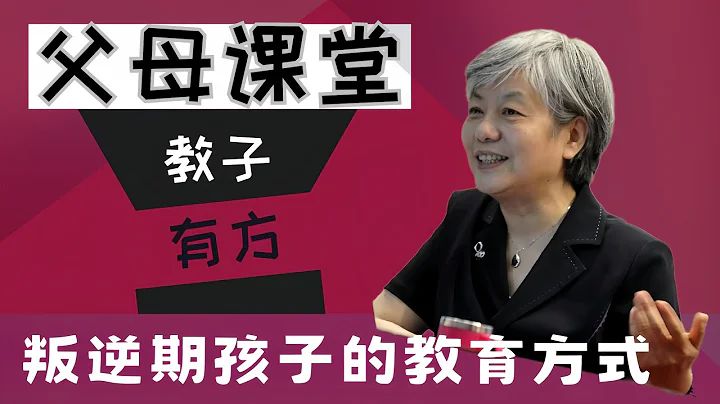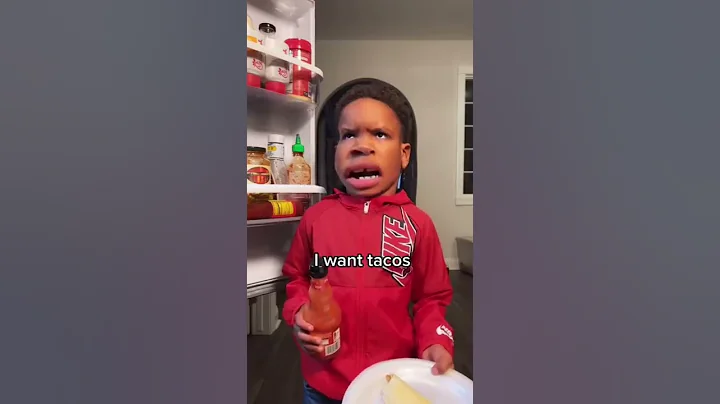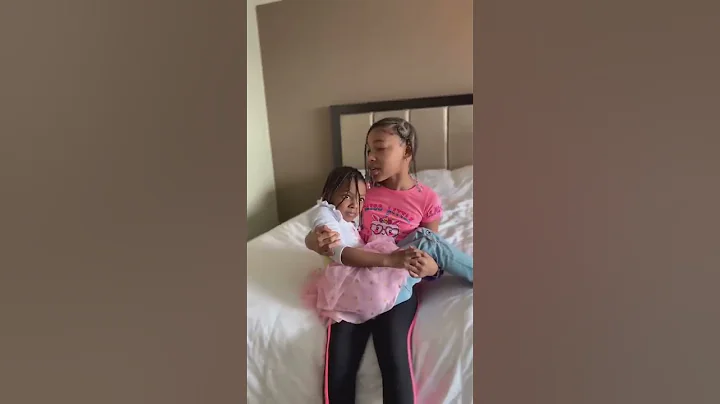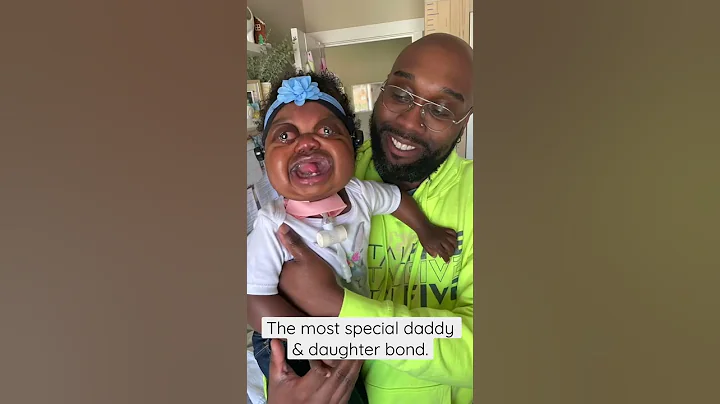
- "Yuexiangting·The Road to Financial Freedom" 599
We said yesterday that the first step in guiding children's emotions is to plant the seeds. Will everything be fine once the seeds are planted? Definitely not, because children are children after all, and they are in the process of learning how to control their emotions. Therefore, the second step of emotional guidance is called empathy , or responsive emotion.
In other words, you need to observe and judge, to know what the child's state is like at this time, and whether the child's emotions are within the normal range or starting to get out of control.
What should you do if your child loses control of his emotions? I know that some parents are starting to lose control of their emotions at this time. So what are you teaching your children? You say I lose control of my emotions, haven’t I grown this big? But what matters is our quality of life and how good we feel?
Therefore, when children lose control of their emotions, it is the critical time for emotional guidance. You must listen at this time. For example, squat down and look at him, and then ask him what he feels like. Because you want to teach him to understand other people's feelings, then you must learn to understand your child's feelings first.
What should we do if the child is really angry and yells at this time?
There is a very important method here, which is what we call "responsive emotion" or empathy. What is empathy? For example, if your child is crazy and angry now, and you tell him: "Don't be angry, what are you angry about? It's just a broken balloon. I'll buy you another one when I go back. If you yell like that again, don't come out to play." Then what you say is not a reflection of emotion, nor is it empathy, it is an accusation. The child will become even more angry, and he will not be able to deal with other people's emotional problems in the future - he is even more angry because he feels that he is fundamentally Not understood!
So you need to tell your children: "Dad/Mom understands you. You are very angry now, right? Are you particularly sad? Dad knows that you feel wronged? Does it hurt?" If you can accurately respond His emotions will gradually decrease based on how he feels at the moment. This is called reactive emotion.
So when the child falls off the sofa and cries, and you run over and say "It doesn't hurt, it doesn't hurt," then you don't reflect his emotions, you don't care about his emotions and feelings at all, and you ignore his feelings; then You want to say, "Are you shocked? Where did you fall? Does it hurt?" This way you can accurately read how the other person is feeling at the moment.
When you can accurately read your child's mood and feelings at the moment, his mood will quickly adjust, his emotional level will drop quickly, and he will slowly return to normal.
You know when a child's mood has not returned to normal~~~ Let alone a child, it is an adult. If the mood is very excited, it is useless to reason with him.
When we say that people need to have dual-core conversations, what do we mean? That means you have to consider not only the content of the conversation, but also the atmosphere of the conversation. Many parents don't consider the atmosphere of the conversation at all and just keep saying what's on their mind. Your child can no longer listen, or has collapsed and gone crazy, wishing to scratch the wall. If you keep talking and talking behind you, this is called nagging! The result of this is that the more you talk, the less likely your child will listen.
So we say that when communicating, first deal with emotions, try to calm down his emotions, let the child feel that someone cares about him, and then ask him "What do you think we should do and what we should do in the future" to guide the child to solve the problem; child's emotions After returning to normal, guide him: You say, "How will we behave in the future? How can we get along well with the children? How do you think we can make everyone happy?"
Of course, some parents may think this is too strenuous. No matter what you say when your child gets angry, parents will lose their temper and get angry. This scares the children so much that they don't dare to make trouble again. But this method only temporarily alleviates the problem. It may save trouble for the time being, but there will be barriers to communication between you for a lifetime.
I once had a meal in a restaurant, and the boss and a customer were complaining about their children. Their children should be around 18 or 19 years old, and one is in his twenties, so their children are so lazy and like waiting tables all day long. They serve them like their ancestors, and their children treat them like enemies. So can we fundamentally blame the children for this problem? I still didn’t provide enough emotional guidance as a parent when I was growing up, so there were big barriers to communication.
The focus of our broadcast today is on the second step of emotional guidance: communicating with children using empathy and reflecting emotions.
#Yeager System # provides you with long-term and continuous training in personal growth. This series is part of the #YeagerSystem# culture and is the text version of the album of the same name by the #王光惠# mentor in Himalayas.





















